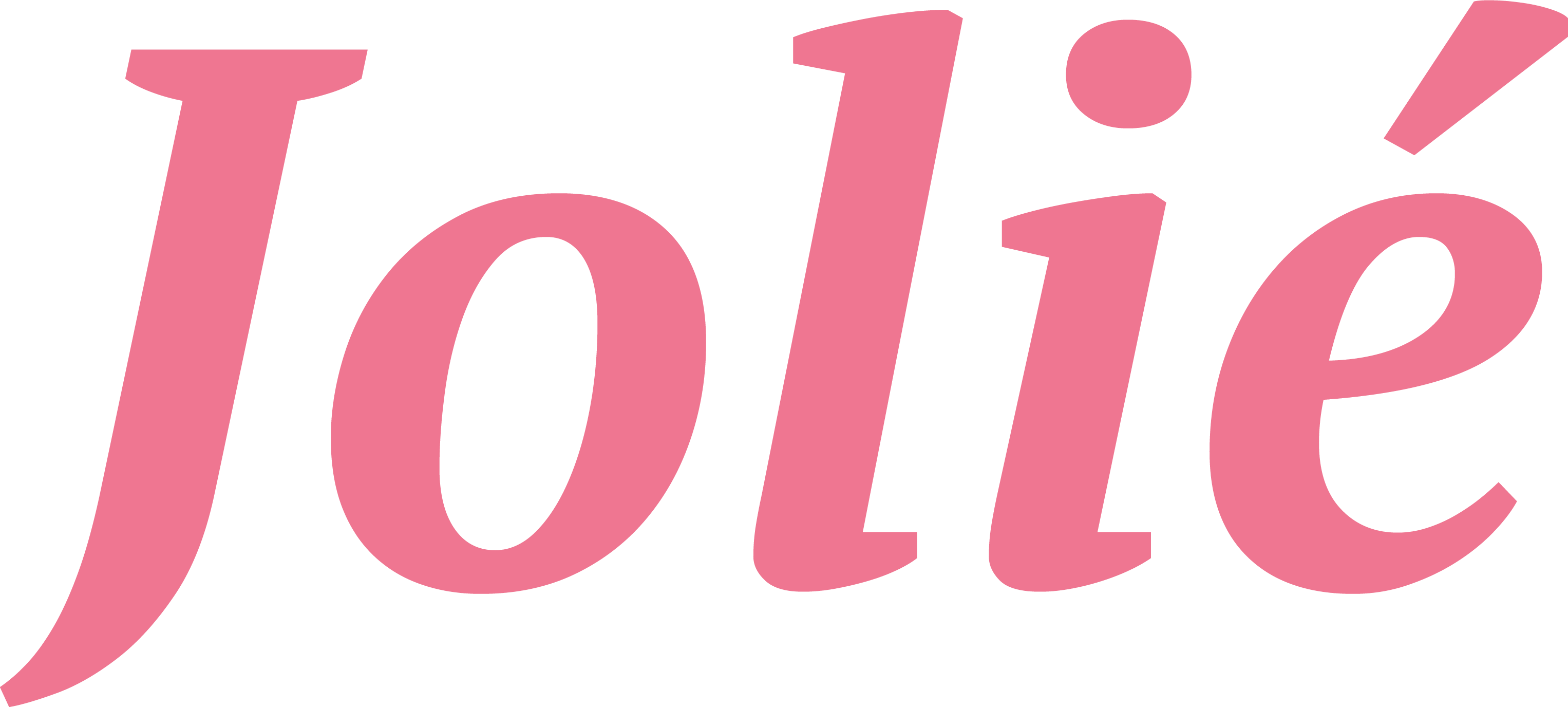I know I did; there I was, a drunken Vietnamese man dozing on my back, riding a motorbike on the winding mountain roads of the Hoa Binh province in northern Vietnam.
To comprehend how I got into this scenario I have to take you back three days. Like every other Sunday afternoon in Hanoi’s late summer, it was swelteringly hot and muggy. I was perched on a bench in front of the city’s freshwater Hoán Kiem Lake in the Old Quarter. The moment a bunch of Vietnamese students approached me, it didn’t take long. Students apparently regularly went about the Old Quarter on weekends looking for tourists to sharpen their English speaking skills. I was exhausted and had trouble breathing due to the high humidity in the air. As an idea came to me, I was about to send them off.
I replied, “Why not, sure.” “Let’s talk for a while… Do any of you know how to ride a motorcycle, by the way?
The question was rhetorical. Given that nearly two-thirds of Vietnamese people drive scooters, it seemed obvious that they knew how to do it.
Since my arrival in Southeast Asia a few months ago, the idea had been circling in my head. It seems that purchasing a motorcycle and traveling by motorbike from Ho Chi Minh City in the south to Hanoi in the north was a must for travelers to the far eastern nation. I only had two issues to deal with: the first was that I didn’t know how to operate a motorcycle, and the second was that I was scared of doing so.
I seized the opportunity when I saw it. I spent some time chatting with the students and even went out for ice cream with them. I ran up to one of the students, Luc, the following morning in front of Hanoi University of Science and Technology, where he showed me the fundamentals of operating a semi-automatic scooter. I quickly understood the meaning of it, and we toasted our modest victory with ice-cold sugar cane juice.
So all I had to do was learn how to ride a manual transmission motorcycle, which was the most popular and reasonably priced model at the time. As a result, I located a bike store in the Old Quarter whose proprietor volunteered to teach me the fundamentals in exchange for a little fee. He led me to a sparsely populated public bus lane in the center of an expansive and crowded avenue. The workings of the manual transmission and the gear shifts were patiently explained by him. The standard for travelers, the 125cc Honda Victory imitation, was used. I had unrealistic expectations that I could learn from one lesson. Driving a semi-automatic car had been like riding a bike; driving a car with a manual transmission was quite different. How in the world did I think I could ride a motorbike like that to the perilous mountains when not even in Mexico had I learned how to operate cars with manual transmissions?
The guy had to come rushing after me to start the motorcycle every time I stopped it because I was unable to do so on my own. After around twenty futile efforts, the shop owner’s patience and my hopes of visiting the abandoned towns in the Vietnamese mountains were lost. I was dissatisfied and irritated with myself for not being able to learn. I was concerned that it would be extremely risky for me to travel alone across the arduous northern mountain ranges without even being able to maintain the motorbike’s engine.
At least until I got a response from a German traveler who was interested in selling me his 110cc Honda copy after seeing an ad I posted on a Facebook market group. I examined the engine and discovered no oil leaks or indications that any parts had been changed. We came to an agreement on a price of 230 USD, which was almost half of what the store owner was asking for one of the cheap motorcycles he had made out of leftover parts.
It was a good offer, but I thought it best to phone my folks before making a hasty choice. I thought their voice of reason would stop me from making a foolish decision. After all, my father had consistently voiced his vehement objection to what he would refer to as “two-wheeled coffins.”
The last thing I anticipated hearing from them was, “Sounds dangerous, but we trust your judgment.”
Darn it, I said to myself. I no longer had any justification for not purchasing the motorcycle.
The five kilometers from the Old Quarter to Hoan’s house felt longer than normal, and every time a car came within half a meter of me, my heart wanted to leap out of my breast. Every red light that crossed my path would cause my engine to shut down, making it impossible to start the motorcycle until the fourth or fifth try.
At the time, I was staying with Kim, Hoan’s fifteen-year-old son, and Hoan, a forty-something IT professional I had met through Couchsurfing. Kim was a great hustler; as part of his side hustle, he charged locals 90 USD each month to communicate with visitors living at his father’s home in English.
Hoan was unimpressed by my impulsive purchase, so he and one of his son’s students, a real bank manager, helped us map out a preliminary itinerary for my trip into the northern mountains. I at least intended to deviate from the typical tourist routes if I was going to drive a motorbike in the backpacker style.
Leaving Hanoi was a challenge in and of itself. I negotiated the early traffic to get to the QL6 national highway and began my tour in the town of Mai Chau. Several cars, trucks, and motorcyclists passed me by while maintaining a close distance from my bike and oblivious to my obvious lack of driving ability.
My mind was clear of all else, and all I could think about was repeating the motions I had only half learned the afternoon before. “Press the starter button and the clutch lever (on the left) to start the engine… Okay, good. I’ll now depress the shift pedal with the front of my foot while holding the clutch lever in place in order to shift into first gear. I’ve got this, good. Next, I’ll step on my heel. Now, let’s switch to the third and fourth now. Well, a stop signal is approaching. Return to third, then second, then first, and… DO NOT STOP PRESSING THE CLUTCH WHEN BRAKING AS LA CHING@DERA ESTA TURNS OFF, FCK FCK F*CK! And once more we are at first base.
This continued for around four hours until I arrived at a viewpoint on a hill close to Mai Chau. The ideal stop for me to walk around and fill up the tank.
Next to the lookout, I saw a group of folks seated in a little wooden cabin. They encouraged me to join them, and we took a few shots of the traditional rice alcoholic beverage called Ruo gao. We said “Mt — Hai — Ba — dzô!” and then drank. They give me some boiled eggs, duck meat, and rice. I gobbled up the food that the strangers had so kindly offered.
After a few months in Asia, I developed a method for having brief talks with people who spoke other languages:
México, me. Me riding an air motorcycle in the mountains of VIET NAM, I said while waving my hands. “FOOD, EXTREMELY DELICIOUS!” I grinned as I caressed my stomach.
The men kept their arms folded and nodded at the same time.
I say, “I’m going to MAI CHAU.”
One of them pulled out his phone at that precise time, typing into his translator software, “I go to Mai Chau too.”
I responded, “Pretty good.”
The man reiterated the remark while pointing with his index finger at my motorcycle.
“No, no. a terrible motorcycle. He told his interpreter, “Tiny engine, no getting up the mountain with two people.
Very well, he said, “let’s go to Mai Chau.”
I tried to respond when he again cut me off, “No, no.” We travel to Mai Chau. We drank Ruou gao while saying “Mt — Hai — Ba — dzô”.
I made the decision to take the young man with me after reflecting on all the benefits I had received on my voyage and the negative Karma balance I had accumulated. In the end, I didn’t give it much thought because we were already rather close to the town.
That is the tale of how I came to be holding an inebriated Vietnamese man who was yelling and flailing his arms before passing out on my shoulder.
Because of the abrupt motions of the drunken man swaying on my back, I had no idea what I was doing and was scared at the notion of tumbling on that road between large trucks. I exhaled in relief as I felt the chilly sweat on my forehead begin to dry when we arrived at the Mai Chau. I enquired about the drunk’s residence.
He replied, “Let’s go for some chicks.”
Where do you live, then? I typed “I have to go” into his translator program.
“Let’s target girls… Do you have any cash?
“I don’t have any money, no. I said, “Tell me where your house is.”
He instructed me to proceed directly. I halted eight kilometers from the village. Where is your house, I irritatedly questioned him.
He wrote to the translator, “Girls are in the next village.”
I left him there when I got back to the hamlet, in front of a small market. I was worn out and didn’t feel like dealing with a person who was so inebriated any longer. At that moment, I couldn’t care less if it was good or bad karma. In the beginning, I didn’t even think that Karma existed.








